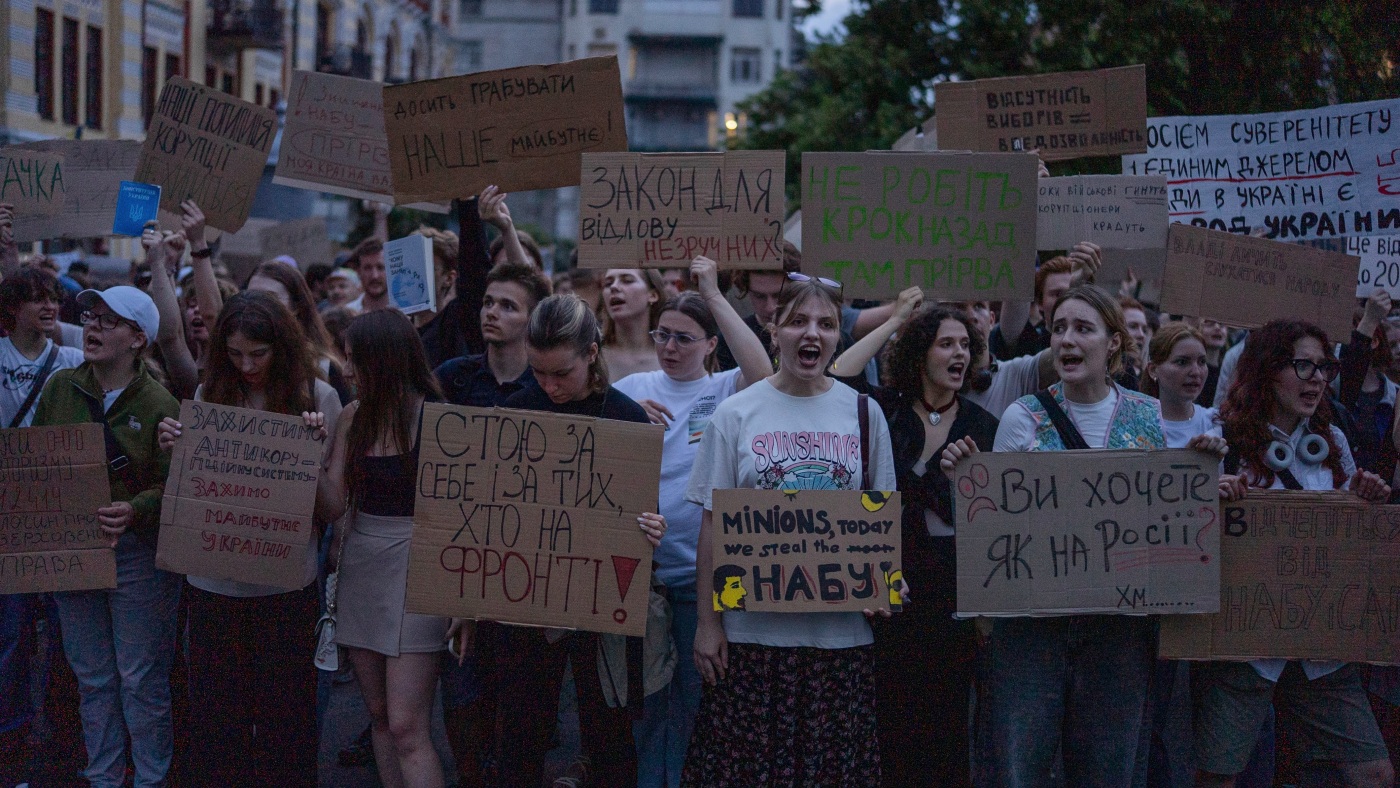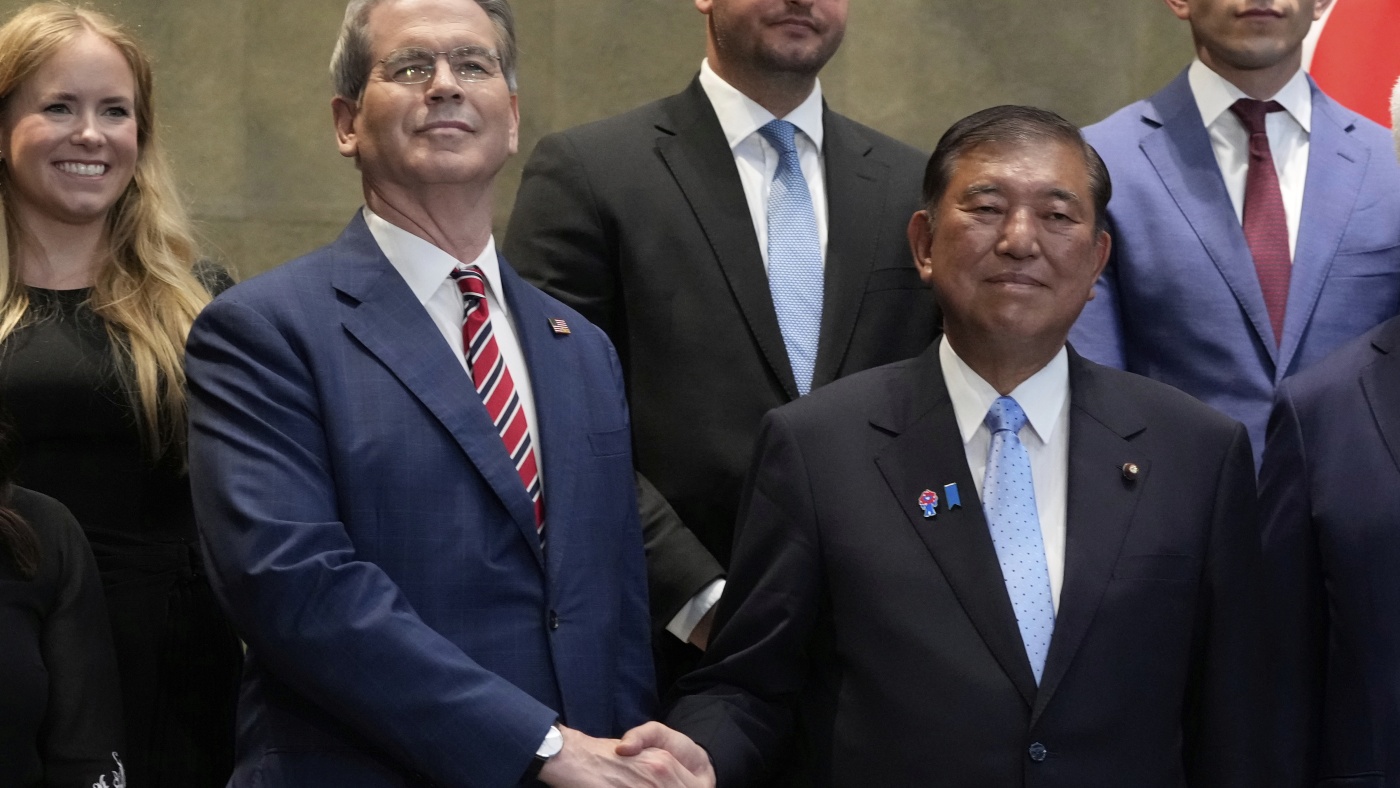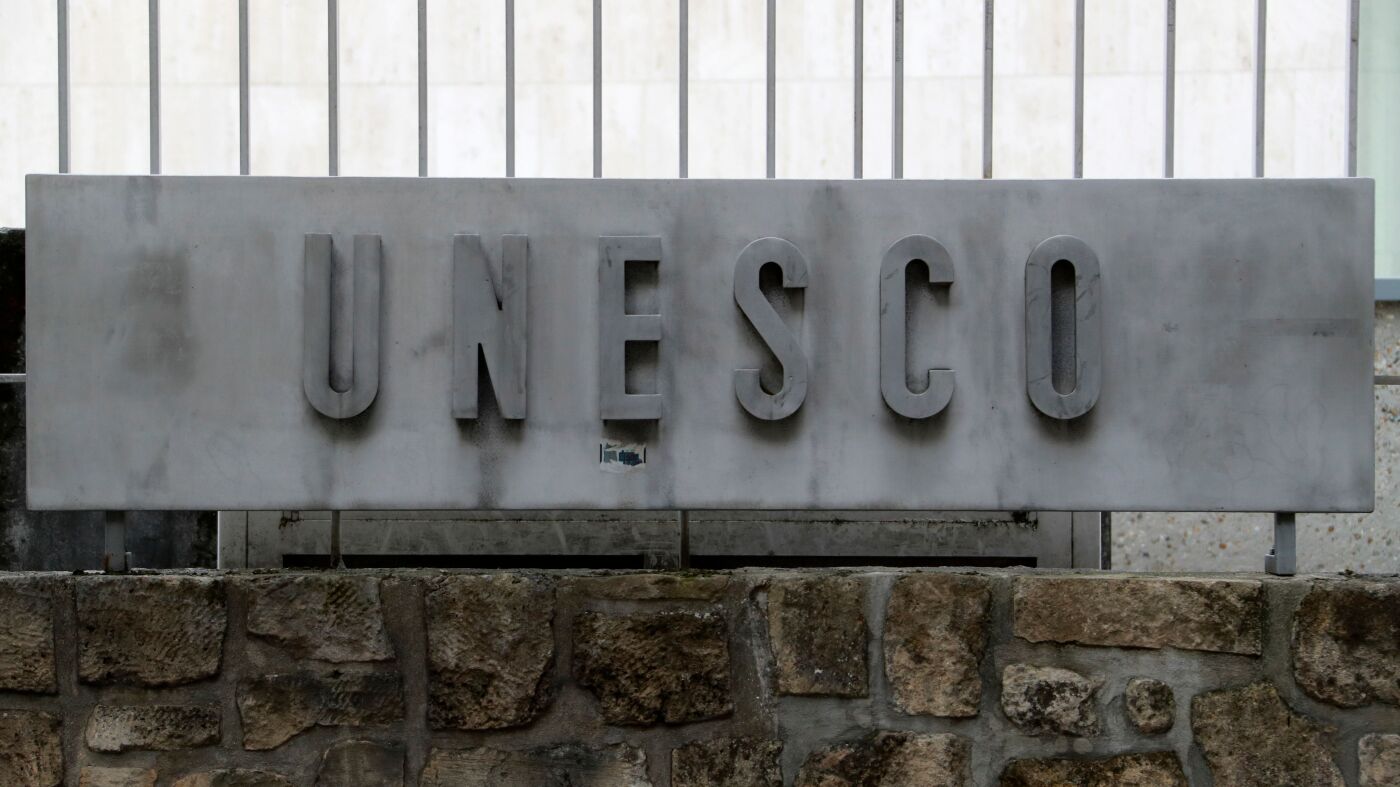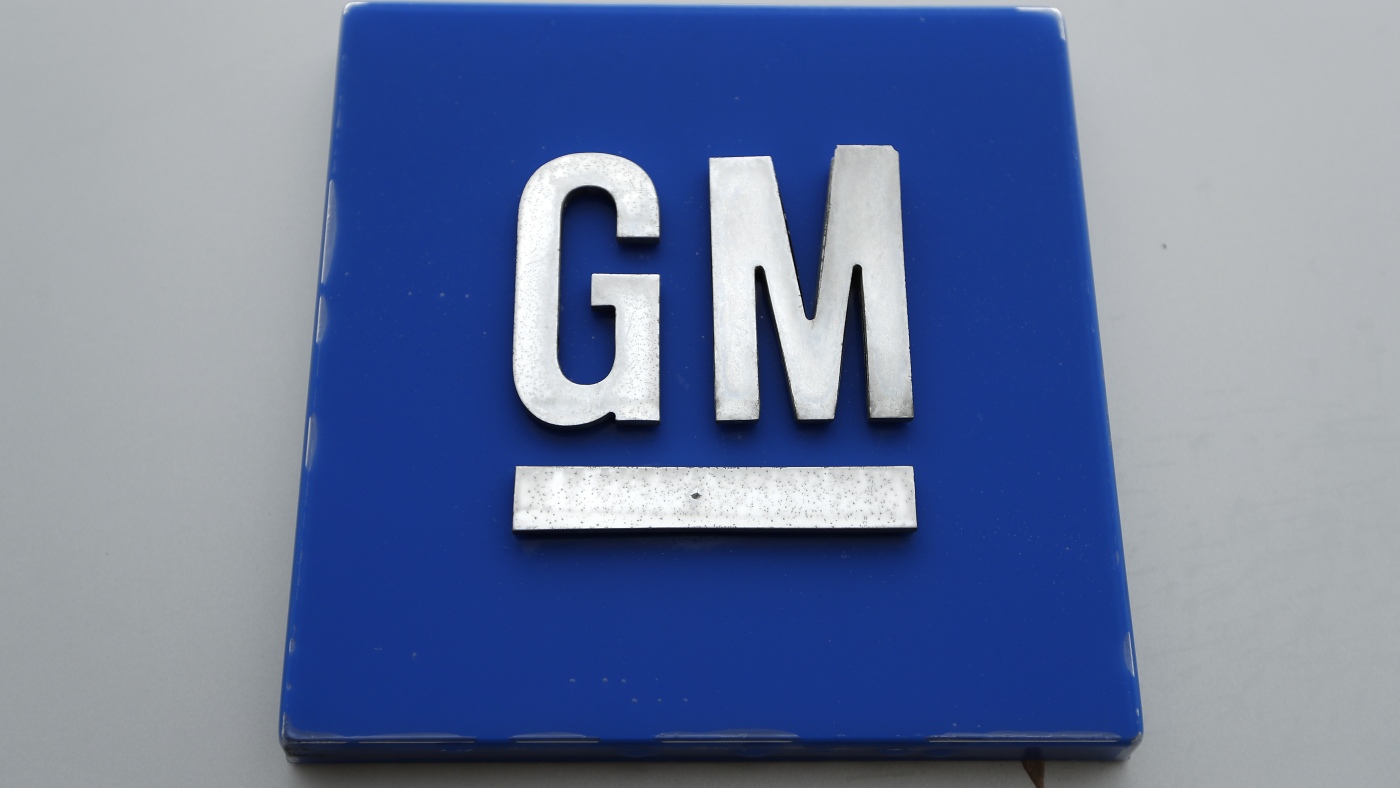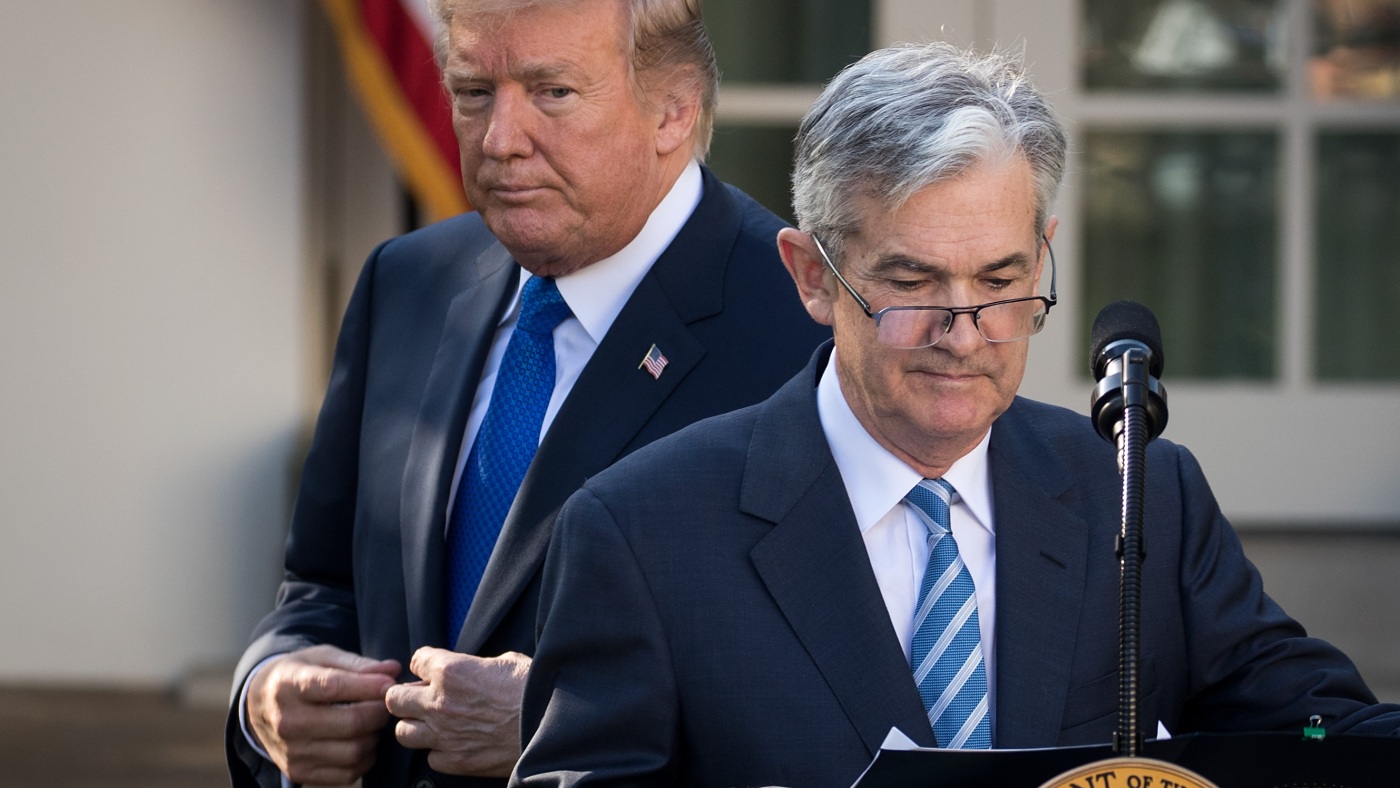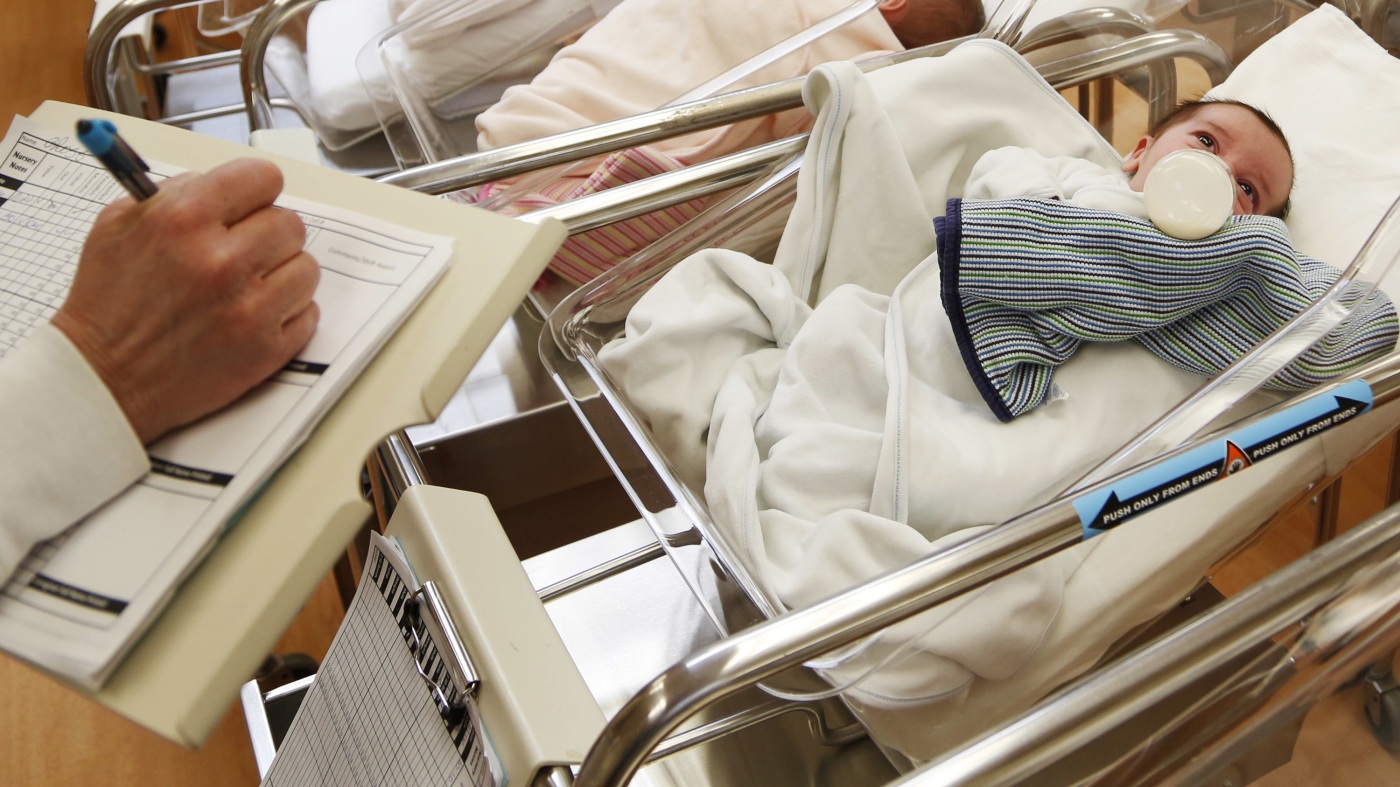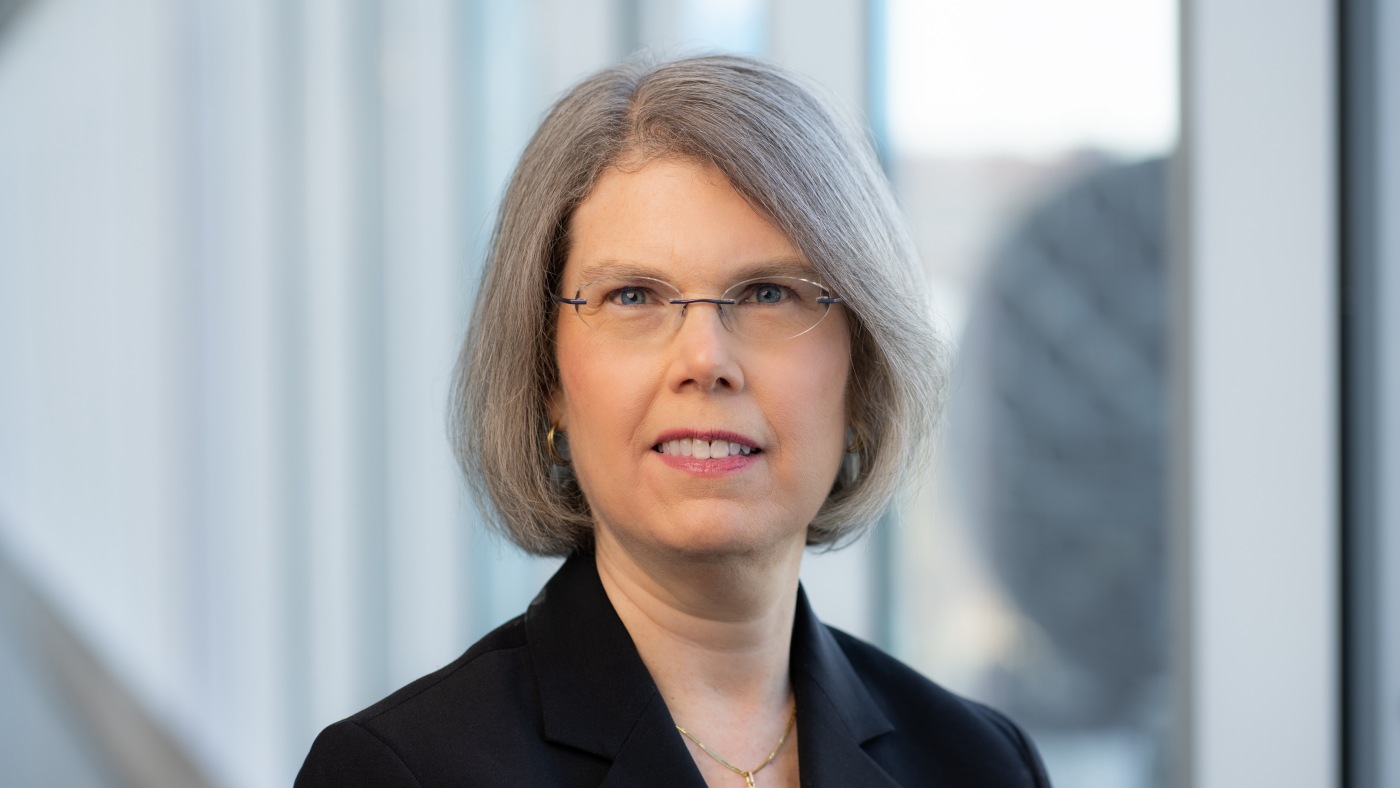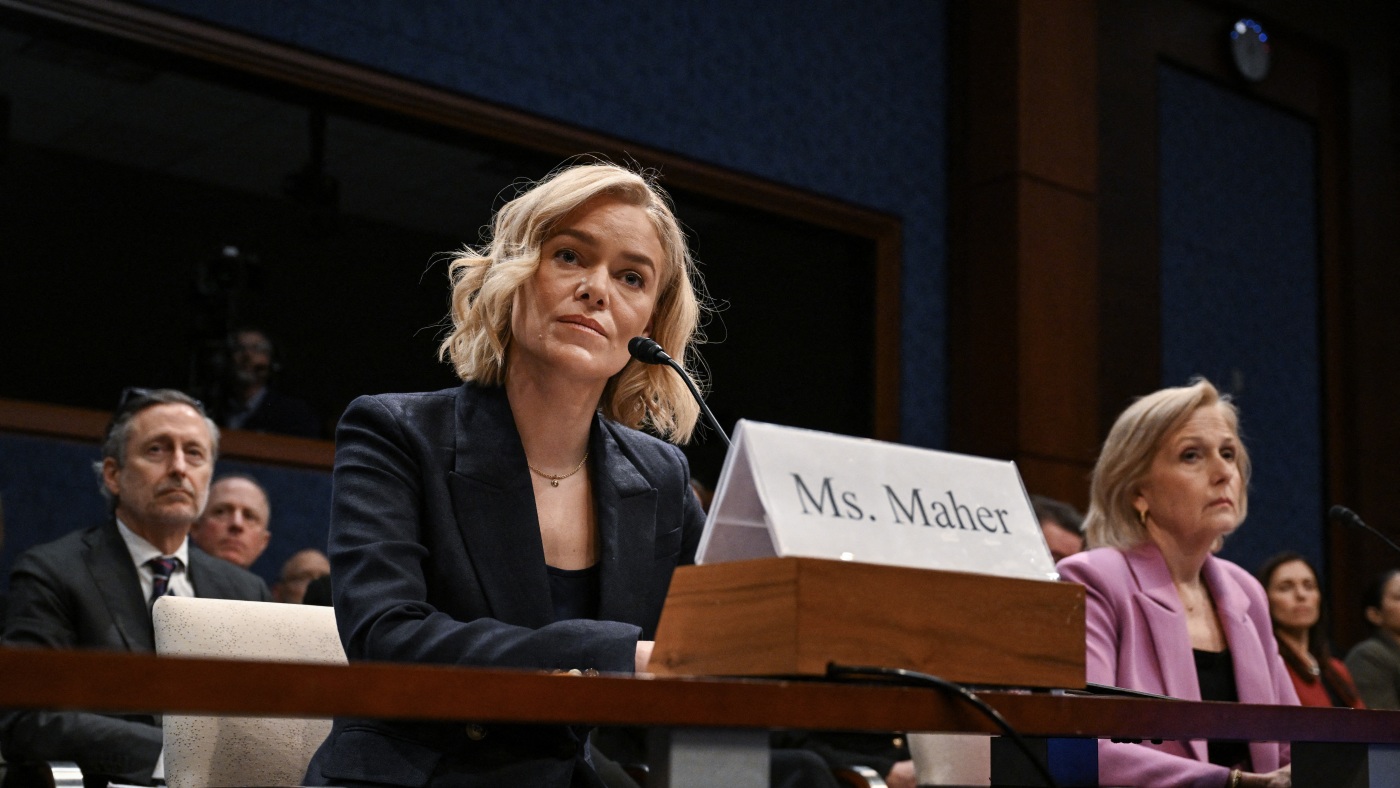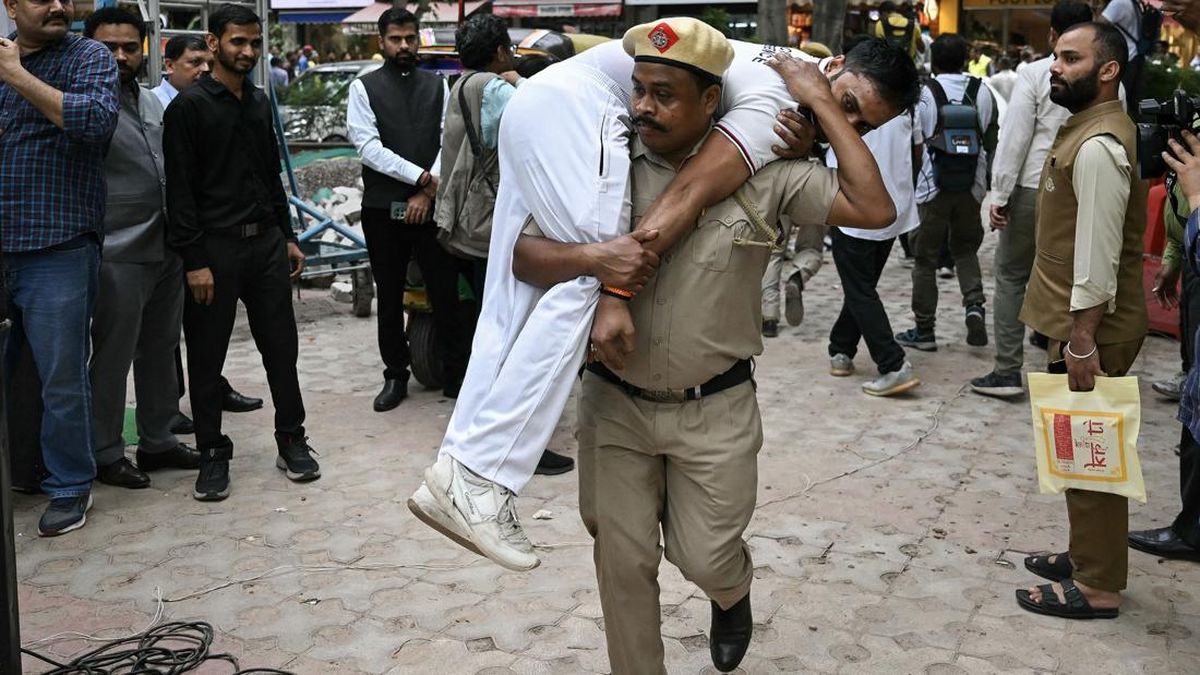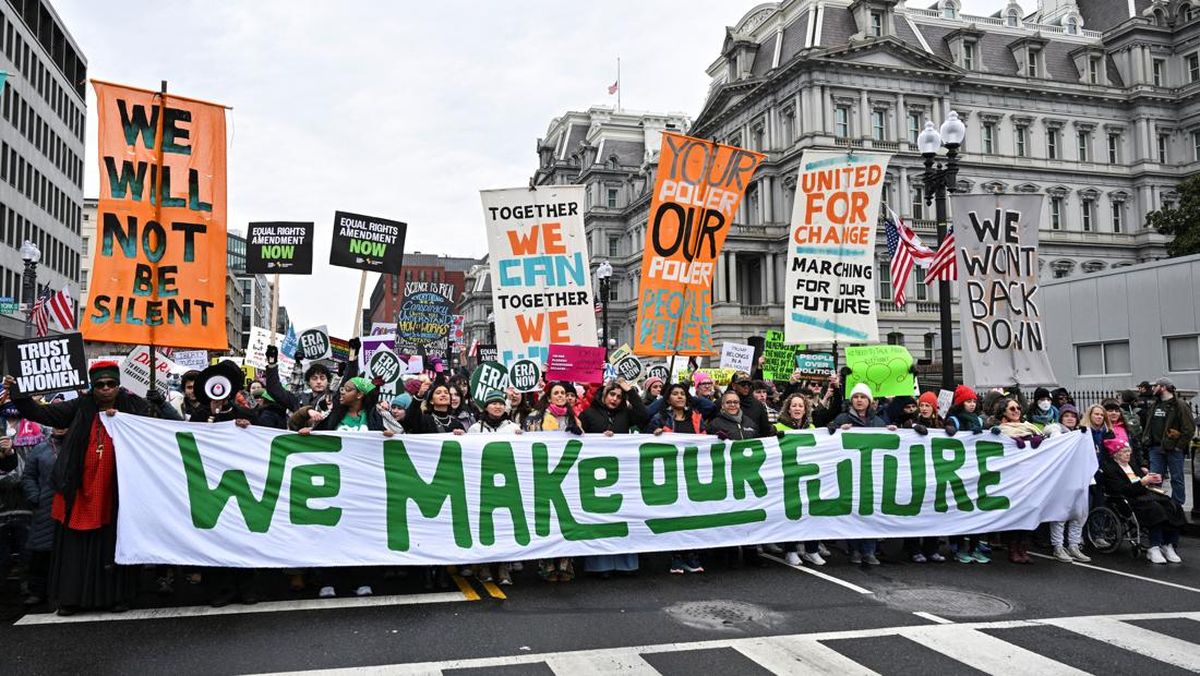
Undue Medical Debt is retiring $30 billion in unpaid medical bills for 20 million people. DNY59/Getty Images/E+ hide caption
toggle caption
DNY59/Getty Images/E+
Underscoring the massive scale of America's medical debt problem, a nonprofit has struck a deal to pay off old medical bills for an estimated 20 million people.
New York-based Undue Medical Debt, which buys patient debt, is paying off $30 billion worth of unpaid bills in a single transaction with Pendrick Capital Partners, a Virginia-based debt trading company. The average patient debt being retired is $1,100, according to Undue Medical Debt, with some reaching the hundreds of thousands of dollars.
The deal will prevent the debt being sold and protect millions of people nationwide from being targeted by collectors, though this will overwhelmingly benefit residents of Texas and Florida, who account for about half of the debts being retired.
Despite the size of this deal, however, even proponents of retiring patient debt acknowledge that such purchases cannot solve a crisis that now touches around 100 million people in the U.S.
"We don't think that the way we finance health care is sustainable," Undue Medical Debt chief executive Allison Sesso said. "Medical debt has unreasonable expectations…the people who owe the debts can't pay."
In the past year alone, Americans borrowed an estimated $74 billion to pay for health care, a West Health-Gallup survey found. And even those who benefit from Undue's debt relief may have other medical debt that won't be relieved.
This large purchase also highlights the challenges that debt collectors, hospitals, and other health care providers face as patients rack up big bills that aren't covered by their health insurance.
Pendrick's chief executive, Chris Eastman, declined several requests to be interviewed about the debt sale, which has not been previously reported. But Eastman acknowledged in a 2024 podcast episode that collecting medical debts has grown more challenging as regulators have restricted how collectors can pursue patients.
Pendrick has now shuttered, which Sesso said provided strong motivation for this deal.
"This was a really great opportunity to get a debt buyer out of the market," she said.
Undue Medical Debt pioneered its debt relief strategy a decade ago, using charitable donations to buy medical debt from debt trading companies at steeply discounted prices and then freeing patients from the obligation to pay.
The nonprofit now buys debts directly from hospitals, as well. And it is working with about two dozen state and local governments to leverage public money to relieve medical debt in communities from Los Angeles County to Cleveland to the state of Connecticut.
The approach has been controversial, and Undue Medical Debt's record-setting purchase — financed by a mix of philanthropy and taxpayer dollars — is likely to stoke more debate over the value of paying collectors for medical debts.
"The approach is just treating the symptoms and not the disease," said Elisabeth Benjamin, a vice president at the Community Service Society of New York, a nonprofit that has led efforts to restrict aggressive hospital collections. Benjamin and other advocates say systemic changes such as ensuring hospitals offer sufficient financial aid to patients and reining in high medical prices would be more valuable in preventing people from sinking into debt.
But many government officials see retiring people's unpaid medical bills as useful if it's part of a larger strategy for localities, states or even hospitals and health systems to help patients avoid debt in the first place.
"Turning off the tap is what's really important in the long run," said Naman Shah, a physician who directs medical affairs at the Los Angeles County Department of Public Health. To do that, the county is working to improve local hospital financial aid programs for patients, so people don't end up in debt in the first place. But Shah said debt relief is key, as well.
"It's easy to criticize band-aids when you're not the one who's cut," he said. "As a physician, I take care of people who have cuts, and I know the importance of stitching them back up."
Undue Medical Debt's latest deal, which it is spending $36 million to close, will help patients nationwide, according to the nonprofit. But about half the estimated 20 million people whose debts Pendrick owned live in just two states: Texas or Florida.
Neither has expanded Medicaid coverage through the 2010 Affordable Care Act, a key tool that researchers have found bolsters patients' financial security by protecting them from big medical bills and debt.
The patients eligible for debt relief have incomes at or below four times the federal poverty level, about $63,000 for a single person, or debts that exceed 5% of their incomes.
About half the debts are also more than seven years old. These have been donated to Undue Medical Debt by Pendrick, the group reported.
The nonprofit plans to pay for the rest of the debts over the next year and a half, though all collections have stopped against patients. It also plans to spend an additional $40 million — or $2 a person — to process the debts, find patients, and inform them that their debts have been relieved.
Sesso, Undue's chief executive, said she hopes the debt purchase will keep policymakers focused on enacting longer-term solutions to the nation's medical debt crisis.
She applauded state leaders for taking steps to bar medical debts from their residents' credit scores. But she said action is also needed in Washington, D.C. However, the Trump administration has suspended regulations enacted under former President Joe Biden that would have barred credit reporting of medical debt nationally, and congressional Republicans are now moving to revoke the new rules.
"There is a limit to what state and local governments can do to solve this problem," Sesso said. "It's really a national problem that has to be solved at the national level."
KFF Health News is a national newsroom that produces in-depth journalism about health issues and is one of the core operating programs at KFF — the independent source for health policy research, polling, and journalism.

 3 months ago
58
3 months ago
58


